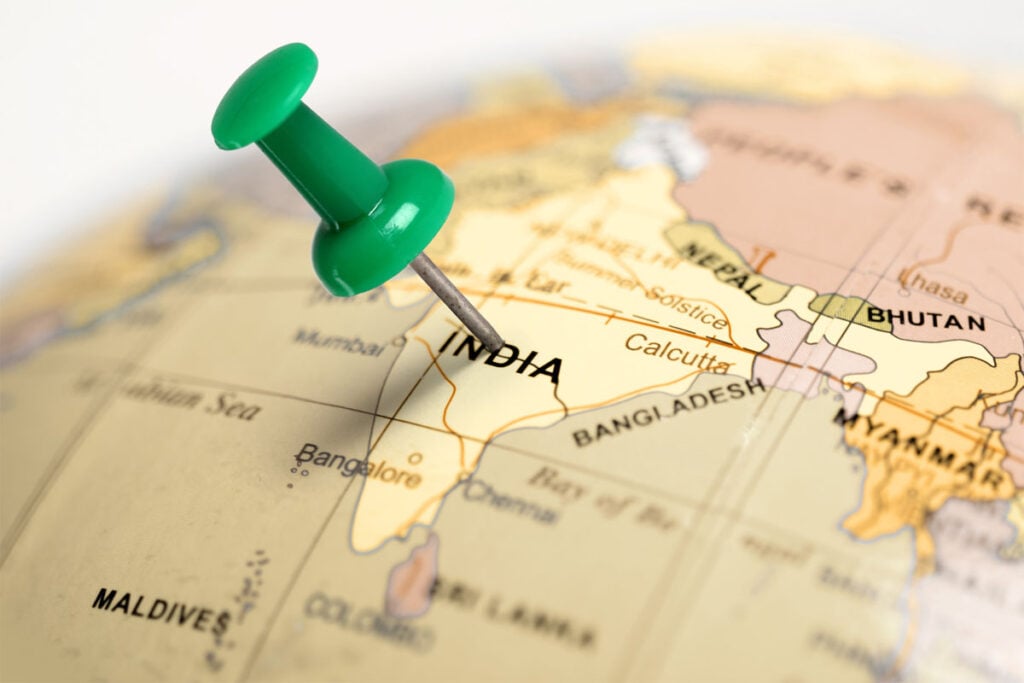The government in India is currently considering a number of legislative measures to limit the over-bearing dominance of large multi-national tech firms, with the hope of retaining some legal oversight of such companies and their activities. It is also hoped that the measures will help local start-ups and create more local jobs and economic growth.
One key measure regards data and will require that information related to Indian users must be held in local servers and be subject to new data laws. This would make using the data, so called data mining, more difficult.
And, specifically related to ecommerce, the draft rules include a measure that would mean that only Indian owned or controlled marketplaces can hold products made in country. The laws are currently only proposals and not in force yet.
It is certainly possible to discern that we’re seeing a global trend towards the regulation of the big multi-national web giants that have typically emerged from the West Coast of the USA in the past decade or so. And where there was previously a lag between what they were doing and the law, that’s now changing as the tech firms become seriously powerful and profitable.
Whether it’s the mooted online sales tax in the UK, the GST (Goods and Sales Tax) is Australia, these measures in India, and other broader concerns about the responsible holding of information (which the European Union is examining), the previously unfettered silicon companies are now facing legislation.
This raises several questions. Firstly, are governments competent and knowledgeable enough to address such complex and technical issues? Only when law-makers understand the landscape can the pass effective laws.
And are the aims of potential legislation worthwhile? When does legitimate protection for local jobs and industries become protectionism that stifles growth and innovation? Again in the UK, the drum banging against Amazon to ‘save’ the High Street doesn’t address various issues that are affecting shops and local communities such as crippling business rates. In Australia, Amazon has just prohibited international shopping in the face of the GST and that is retrograde.
India is in a unique position because it is the second most populous nation in the world and giants like Google, Amazon Apple, Walmart and eBay all want a slice of the action. There are 500 million web connected people already in India and that’s growing fast. Amazon alone has committed to ploughing $5bn of investment into the country.
The size of the Indian prize is likely big enough that the multi-nationals will work within any new rules, however onerous. The tech sphere is rumoured to be worth $32 billion in 2018 and is growing fast.









